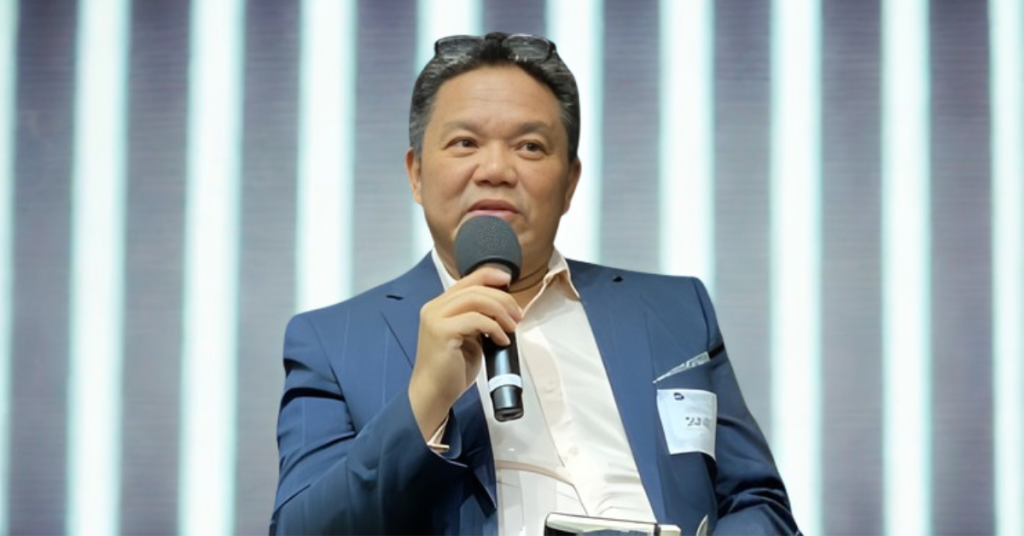When Joffre Enrico Dominguez, a seasoned alumni of Registered Financial Planner program, shared his personal mission with Financial Adviser PH, he made one thing clear:
“We’re the top 5 or 10 percent. But what about the other 90% of the population?”
That single question has driven his career shift—from advising corporate finance executives to empowering everyday Filipinos with practical, grassroots financial education.
From boardrooms to barangays
In his earlier years, Dominguez built a solid career in finance and accounting. “I could talk to CFOs, bankers, and finance managers all day. We spoke the same language,” he told Financial Adviser PH.
But everything changed when he lost his job in the U.S.—an experience that triggered both anxiety and introspection.
“I had to ask myself: What really saved us? It wasn’t my position. It was the simple habits I learned as a kid—saving, planning, and preparing.”
That realization sparked a new calling: to teach the basics to the 90% of Filipinos who don’t have access to financial literacy programs.
Breaking the “ayuda mindset”
Dominguez sees a troubling trend in many underserved communities: the expectation of external rescue.
“Especially during the pandemic, people waited for ayuda—from the mayor, the barangay captain, the government,” he said. “But that’s not something we control. What we can control are our skills, our time, our energy.”
Instead of preaching investment products, Dominguez zeroes in on mindset shifts—moving people from dependence to self-reliance, from consumerism to intentional saving.
“My focus is not on selling insurance or mutual funds. It’s on changing behavior.”
Financial literacy that actually fits real life
While speaking to Financial Adviser PH, Dominguez shared a story that continues to guide his advocacy.
A grandmother once approached him through a microfinance program, asking to borrow enough to buy a tricycle. Curious, he reviewed her history: she had already expanded her sari-sari store into a 24/7 operation after observing that call center workers shopped at odd hours. She then added hot noodles and a stove to serve meals.
“She didn’t have a college degree,” Dominguez noted. “But she had incredible financial sense.”
To him, that’s the kind of grassroots finance that matters—not theory, but intuition and action.
Making it relatable: Why language matters
Dominguez believes financial literacy won’t reach the masses if it sounds like a textbook. “When you say ‘compound interest’ or ‘diversification,’ people shut down,” he said.
So instead, he uses real-life metaphors—like the “₱1 at the sari-sari store” analogy—to illustrate how small, everyday spending adds up. “When people understand their behavior, they gain control.”
This practical style of financial inclusion helps people realize that wealth isn’t about luck or status—it’s about discipline, observation, and effort.
“Knowledge builds confidence—and confident people uplift the country.”
Whether he’s training uniformed personnel or speaking at community centers, Dominguez carries the same goal: to plant a seed of change.
“Every time someone walks away with a new habit or insight, I know that ripple will reach their family, their coworkers, their community,” he said in his interview with Financial Adviser PH.
Why does helping the 90% matter so much?
Because when the underserved become financially empowered, it doesn’t just change individual lives. It strengthens the foundation of the entire nation.
![]()



